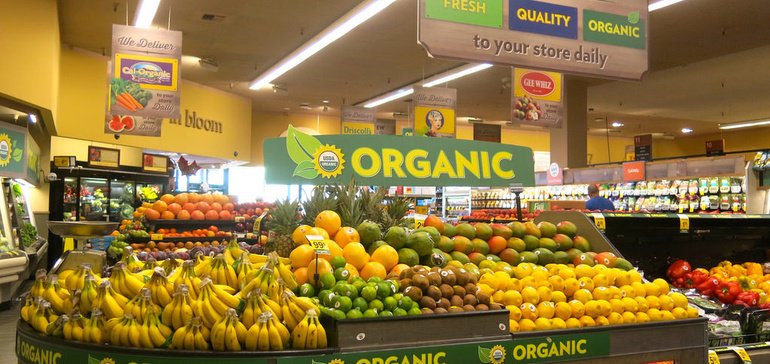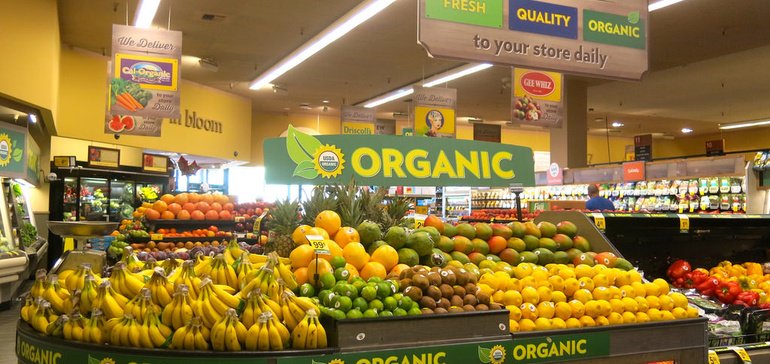
Millennials are more likely to help bolster organic sales because they want to support sustainability across the board, according to a separate Nielsen report released last month. The company said about 75% of millennials were changing their buying habits in line with environmental values, while 34% of baby boomers were doing so. Millennials are also more willing to pay higher prices for sustainable ingredients, the report said.
Hispanics’ level of organic purchases shouldn’t come as too much of a surprise either because more than half of them mainly buy organic and natural products at grocery stores. More than 60% are making such purchases more than ever before, according to 2017 data from Packaged Facts. Hispanics are especially drawn to a store’s organic vegetable and fruit sections, Packaged Facts added, perhaps because of the traditional recipes they prepare that rely on those ingredients. So it seems like this increased interest in organics for both millennials and Hispanics is likely to continue.
“People hear the words natural, organic or clean label and typically think of yuppies browsing health food store aisles. And to some extent that is accurate, except these so-called yuppies are consumers in a rainbow array of shades, ethnicities, ages and even economic backgrounds,” David Sprinkle, research director for Packaged Facts, said in a release.
Consumers in general are turning toward organic products to avoid synthetic pesticides and other chemicals, as well as consuming more nutrients and experiencing better taste and flavor — especially with fruits and vegetables. This is despite continuing disagreement about whether organic produce tastes better or has a higher nutritional profile than conventionally grown produce.
Regardless, the popularity of organic foods and beverages only seems to be growing, even though the rate of sales growth slowed somewhat last year. According to the 20th annual Organic Trade Association industry survey released in May, sales of organic food grew 6.4% in 2017 to a record $45.2 billion. Organic products now comprise 5.5% of the total retail food market in the U.S., the OTA said.
When it comes to specific foods and beverages, U.S. consumers have been buying organic kombucha at an increasing rate, according to Nielsen’s sales data for the 52-week period ending Dec. 1. Sales of the fermented beverage jumped 42% to $412 million. Other big sellers in the organic sector for that period were sandwich bread, with a 19% increase to $466 million, and fresh chicken, up 11% to $499 million, Nielsen reported.
Cow’s milk led U.S. organic sales, although sales were down 2.3% from the year-ago period, Nielsen said, speculating that the drop may stem from premium prices. Sales of organic almond milk jumped 23%, but were down 3.8% for organic soy milk and 1% for organic lactose-reduced/lactose-free milk.
Higher organic prices and doubt about organic authenticity could be deterrents for some consumers. A 2017 Mintel report found that 39% of consumers who said their total food purchases are at least half organic, and 21% of consumers overall, agreed that organic foods are worth the extra cost. Perhaps most telling, 62% said they would be likely to purchase more organic foods if they were less expensive.
While organic sales seem to be doing well on their own, producers and retailers could push them ahead even more by advertising the advantages and reassuring consumers about the organic seal and what it means. The OTA plans to help things along with its voluntary “GRO Organic” checkoff-like initiative being set up this year.

